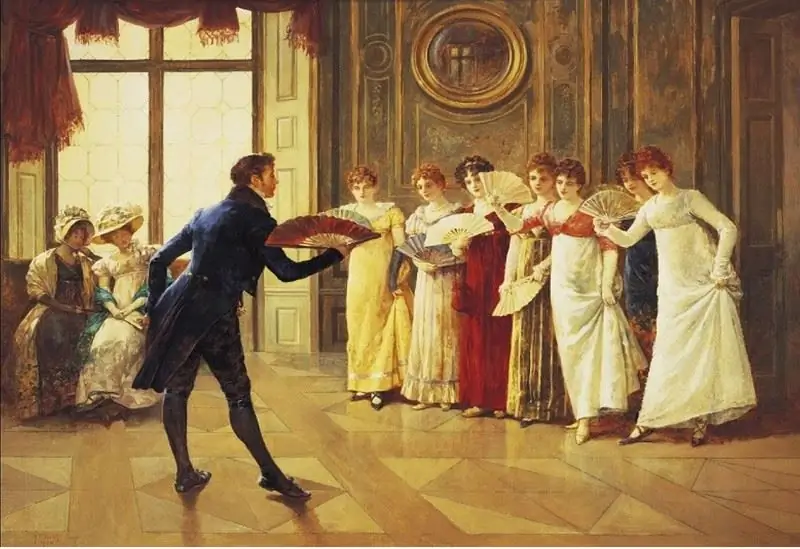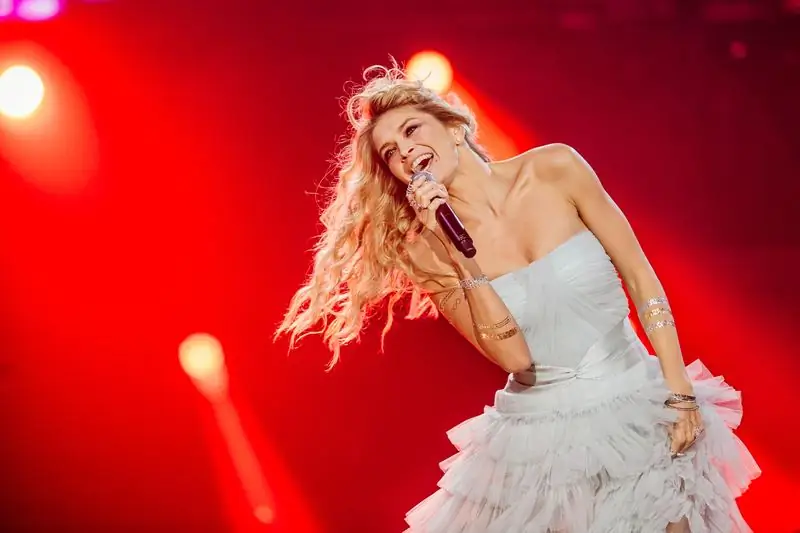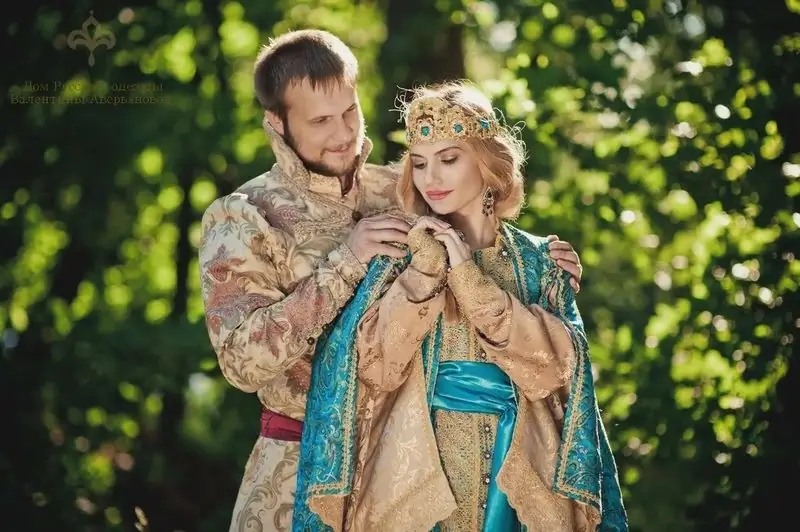
Table of contents:
- Author Bailey Albertson [email protected].
- Public 2023-12-17 12:53.
- Last modified 2025-01-23 12:41.
What Russian names could only aristocrats have: is there yours among them?

Nobility from the poor has always distinguished not only the best financial situation, but also the peculiarities of culture. In particular, high-born people in Russia had the right to bear other names that were inaccessible to the children of peasants and townspeople.
Name and estate
In Russia, before the Great October Revolution, there was a clear division of the "appointment" of names. Some were intended for the heirs of old and noble families, others could be worn by the middle class and the lower classes. The peasants for non-observance of this subordination could lose their homes, land or even their heads. After all, it is unheard of impudence to call a commoner child by a noble name that does not suit him in status.
Noble names
After the adoption of Christianity in Russia, a tradition arose to name children in noble families in honor of important and highly revered saints, for example:
- Maria;
- Peter;
- John;
- Elena;
- Paul.
There was also a fashion for the names of famous rulers, for example, Alexander, Constantine. The girls were named after the legendary ladies and beloved rulers: Olga, Elena, Sophia. A special fashion for Greek names (Irina, Elena, Alexander and many others) also appeared due to the adoption of Christianity and cultural dialogue with Byzantium.

Tatiana is one of the few names who were able to climb the social ladder
After the reforms of Peter I and the opening of the cherished window to Europe, many nobles began, obeying the fashion, to call their children in the French or German manner. This is how numerous Elsa, Elizabeth, Nicolas, Sergi, Margot, Christina appeared. Most of these children were taught foreign languages on a par with Russian, and they were taught by French or German governesses and governors. All primordially Russian names finally acquired the status of common people and ceased to sound in noble houses.
What were the peasant children called
Even after the adoption of Christianity, the lower class did not abandon the pagan and "speaking" Slavic names like Borislav, Lyudmila, Svetlana. However, the new religion required them to criticize children according to the calendar, so the children of the farmers usually had two names - secular and Christian. Only noble people could afford to have only one name. The peasants were not allowed to take a middle name from the "aristocratic" list of especially important and majestic saints, so the children were named after minor Christian characters:
- Potap,
- Antip,
- Bogdan,
- Arkhip,
- Ignat,
- Terenty,
- Nikita,
- Frol,
- Thekla,
- Efrosinya,
- Daria,
- Anfisa.

The peasants chose the names of not magnificent saints, not kings and not heroes
Some names, having undergone minor transformations, from noblemen turned into common people. For example, the noble Irina, having turned into Arina, became a popular name in peasant families. The same happened with John (Ivan), Catherine (Katerina), Gabriel (Gabrila), Elena (Alena) and many other names.
Movement along the social ladder
Aristocrats did not always marry people of the same background. Marriages with merchants and their children were not uncommon. After the conclusion of such an alliance, the spouse (or spouse), who was a tradesman yesterday, acquired a higher social status. The common name given to her (or him) at birth no longer corresponded to the position occupied. And therefore, the wedding was also marked by a change of name to a consonant, but more noble. For example, Akulina became Alexandra, Praskovya became Polina, and Fetinya received the foreign name Fanny.
After the October Revolution, of course, any boundaries and restrictions were erased. People of any origin could call their children any name, without fear of punishment for insolence.
Recommended:
Stars Who Disgraced Themselves With The Phonogram - The Names Of Russian And Foreign Performers

Russian and foreign stars who disgraced themselves, speaking to the soundtrack. Photo and video
The Most Beautiful Russian Names According To Foreigners: Top 10

Top 10 Russian names that are popular abroad and are considered beautiful by foreigners
Russian Stars Who Have Married At Least Five Times

Which of the Russian pop stars has married more than five times
Russian Settlements With Funny Names

Which settlements in Russia have interesting and funny names
What Beautiful Russian Names Hardly Anyone Wants To Call A Child

What old Russian names are beautiful, but no one calls their children them
